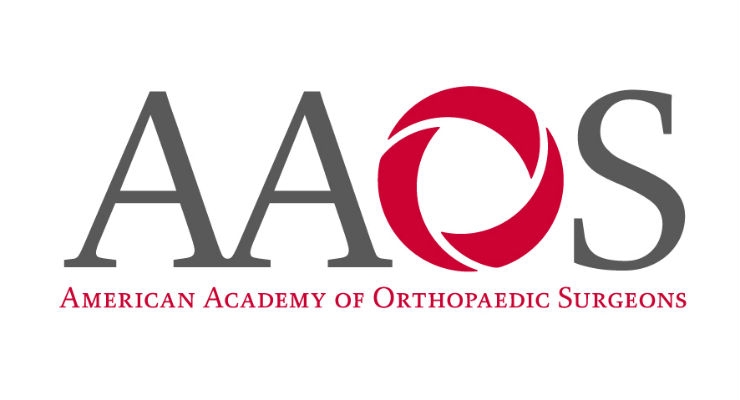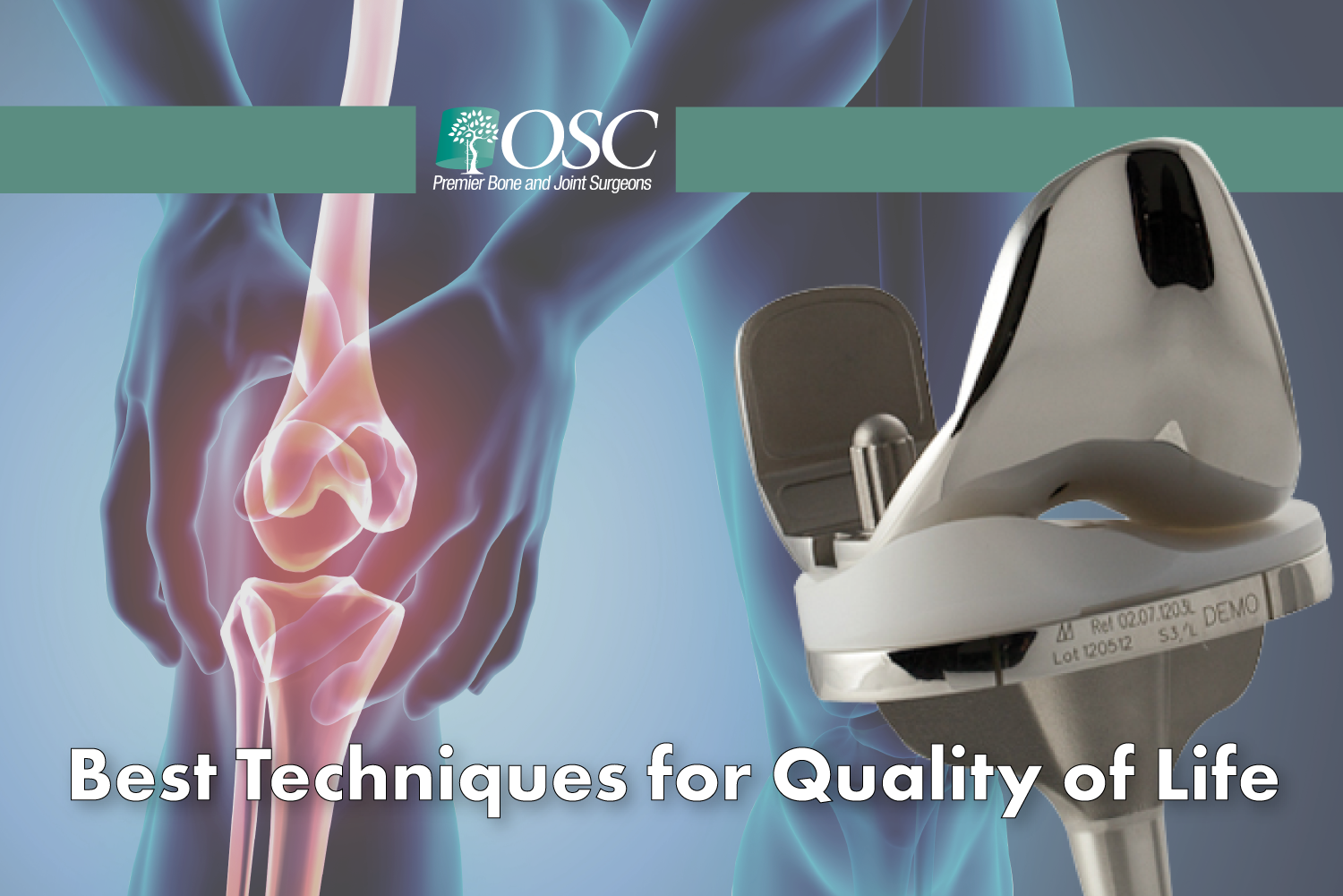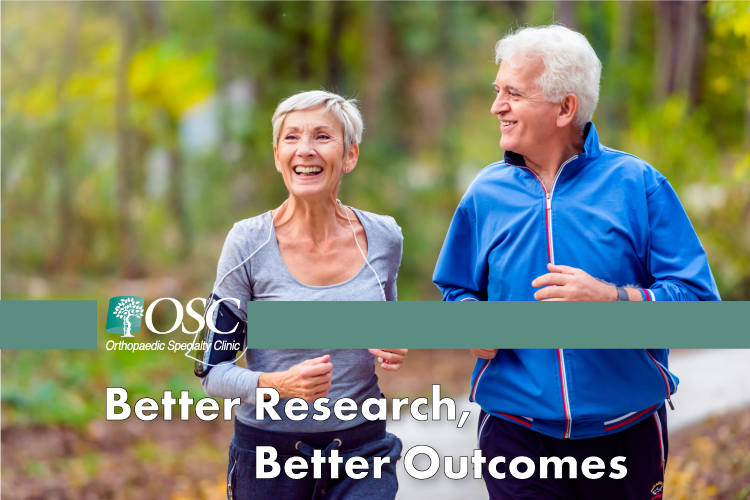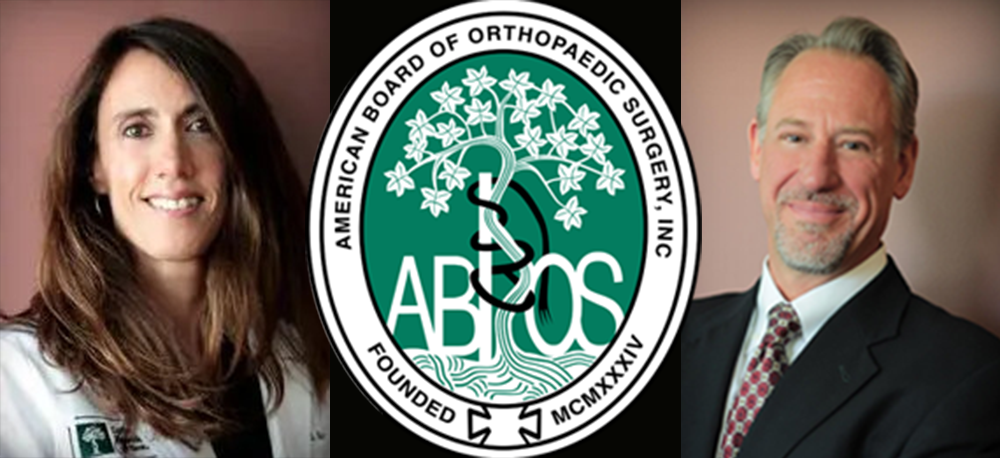OSC has participated in several research projects that deal with bone density and the longevity of knee and hip implants. Previously knee and hip replacements were only considered for much older patients. Now however, many little breakthroughs in medical science have added up to implants that last longer and longer, providing more robust solutions for younger and younger patients.
Eventually a patient who has a knee or hip replacement will eventually begin to lose calcium content near the implant site though. This calcium loss affects bone density and causes eventual problems. One of the more unique mechanical phenomenon that contributes to bone density loss is called “stress shielding”.
Stress shielding happens when an implant apparatus extends into the bone structure itself and transfers weight further down the bone from its original bearing point. The bone above this newly established bearing point is underutilized and begins to degrade. Bone needs weight and stress on it to remain healthy. A similar phenomenon happens to astronauts when they are in zero gravity for extended periods of time. They lose bone density too.
Avoiding bone density loss by minimizing stress shielding is one of the biggest areas of opportunity in extending knee and hip implant longevity. Dr. Scott, at OSC in Spokane, has performed research related to this very issue and has even helped design and test new implants that require less and less bone to be removed in the first place. With less bone being removed, the bearing point changes less and therefor there is less bone density loss due to stress shielding.
Dr. Scott was featured in the Journal of Business for this work back in December of 2012 at the one-year mark in a study related to this issue. Read that article here. Once the two-year study was completed he presented the results at the International Society for Technology in Arthroplasty in Florida this past October. Through further clinical research like that performed at OSC, total joint replacements will continue to have improved longevity and provide better quality of life.




